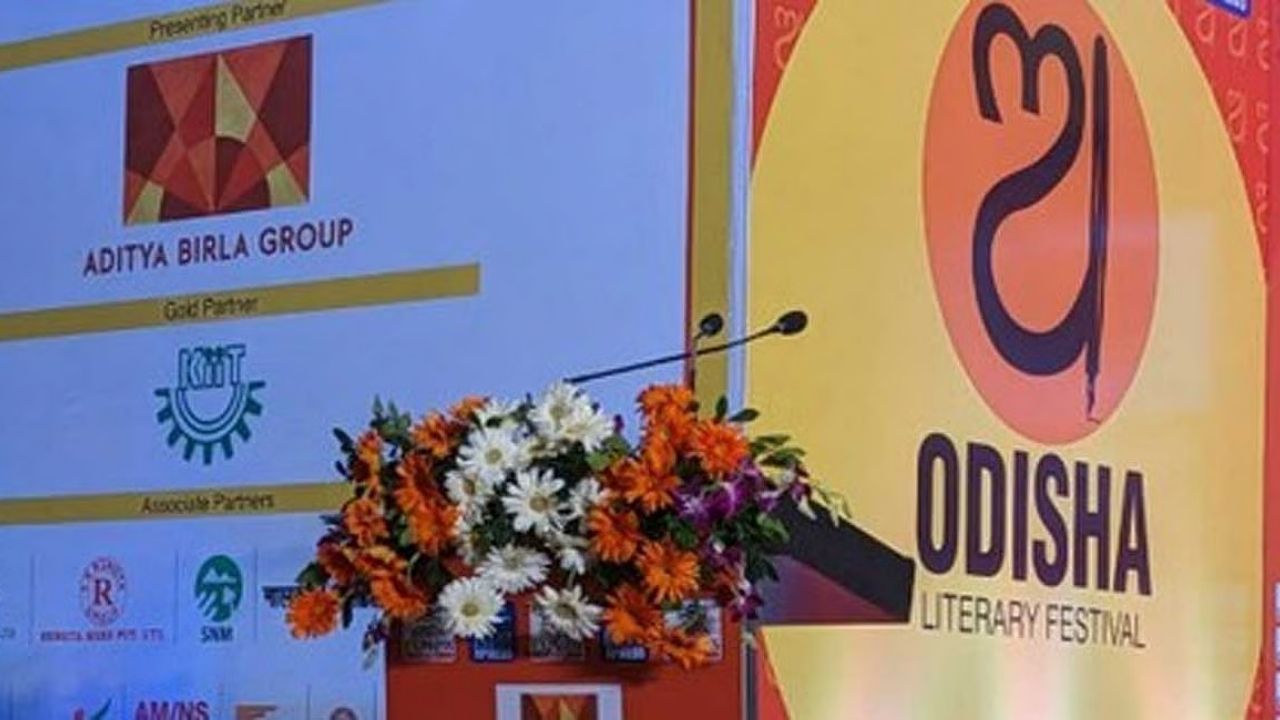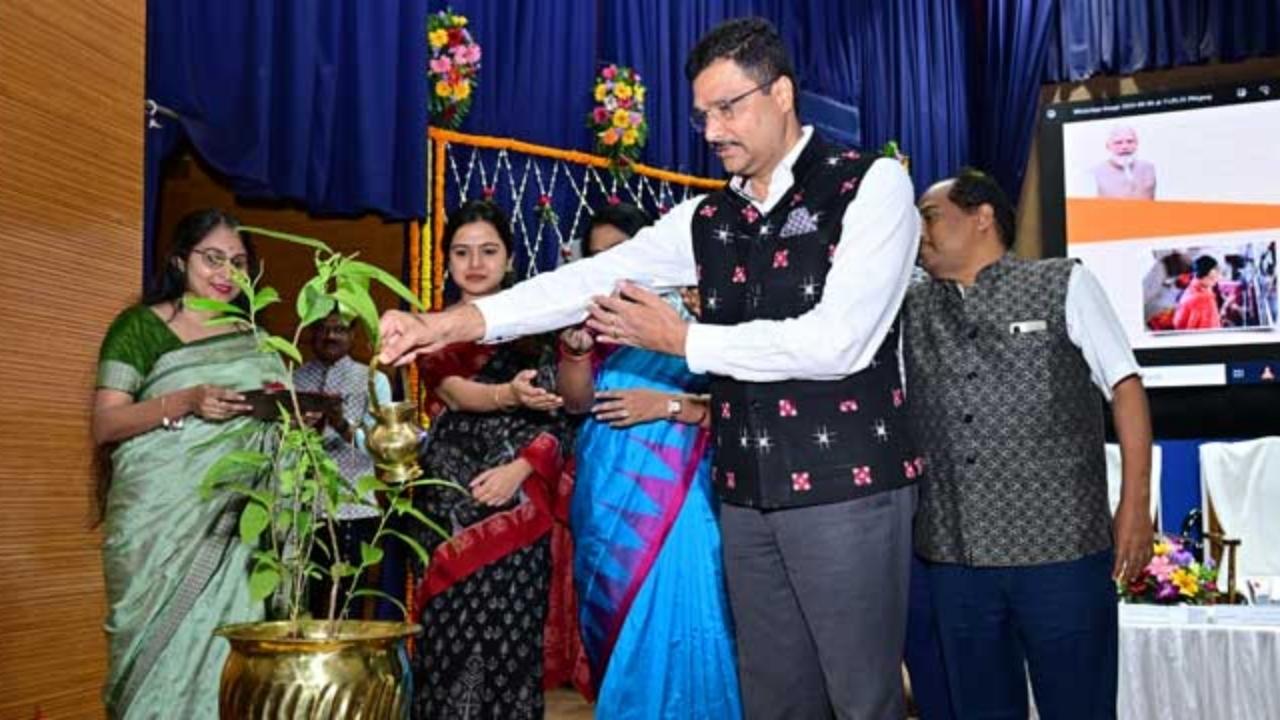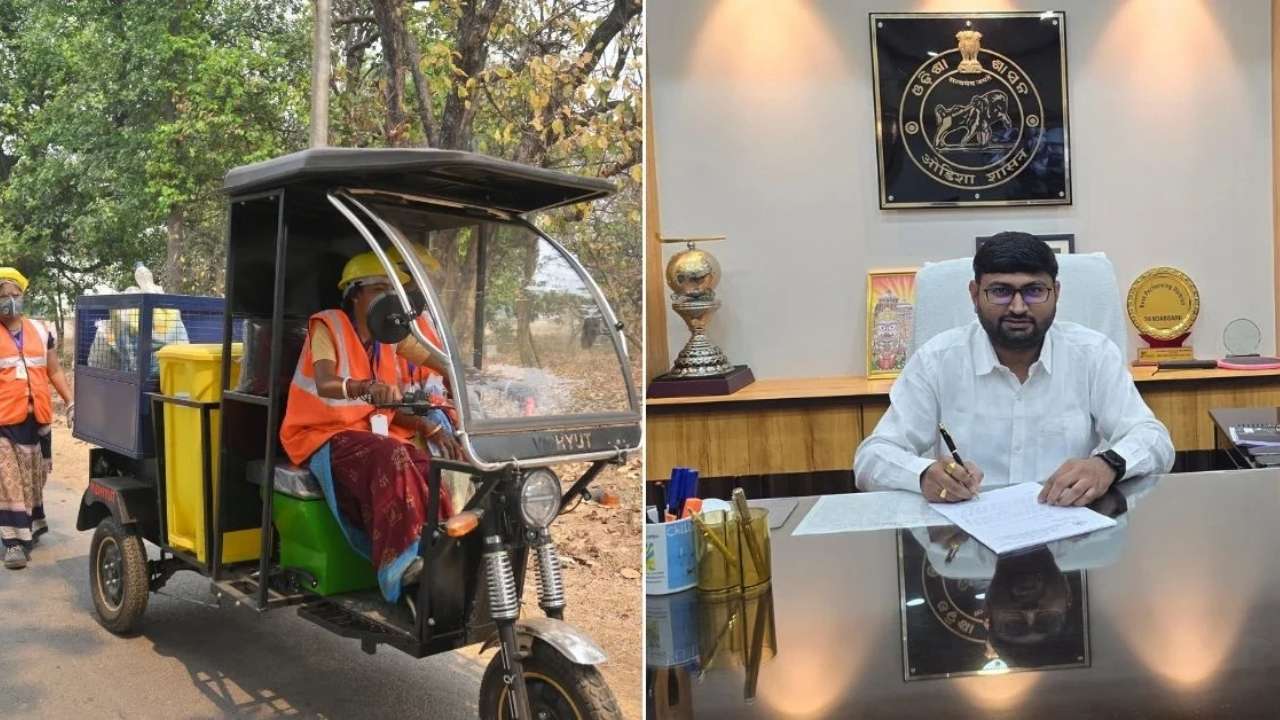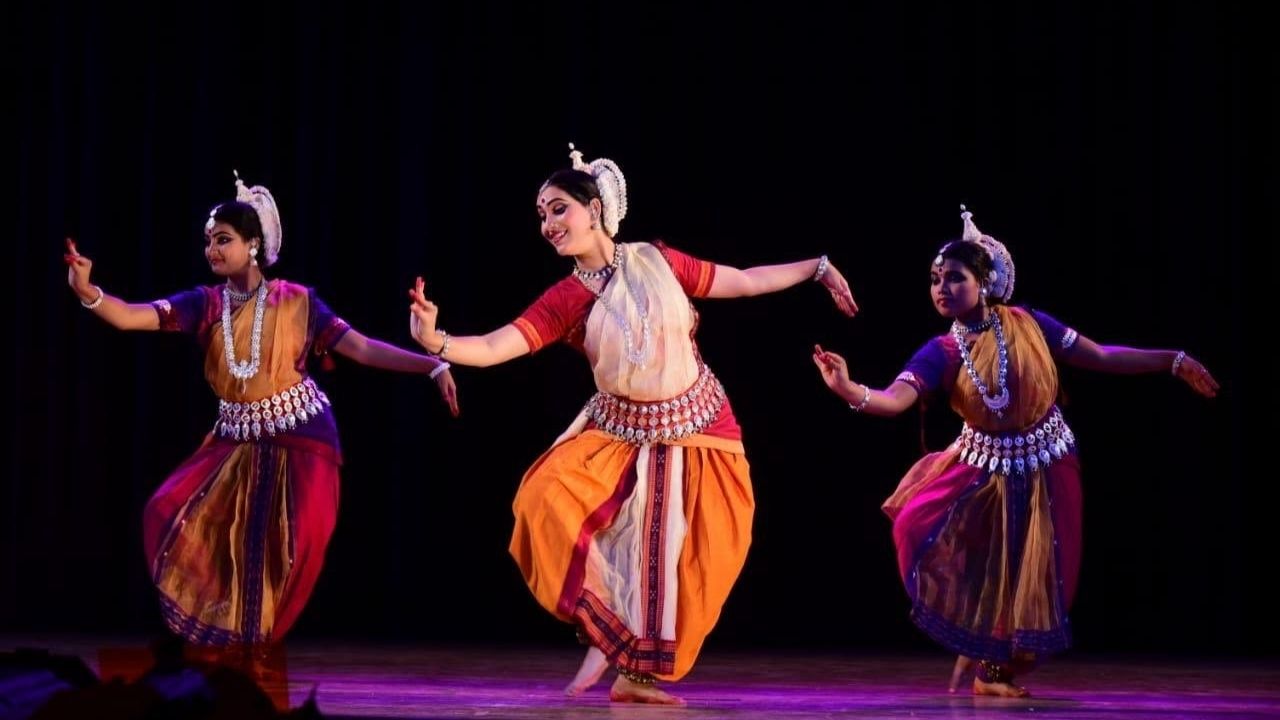BHUBANESWAR, India – The Odisha Literary Fest 2025 began on Saturday with an inaugural session that set a powerfully contemplative tone for the three-day event. An engaging and at times tense debate between international Booker Prize winner Elara Vance and celebrated Odia author Dr. Arindam Mohanty explored the critical challenge facing regional languages in an increasingly globalized world.
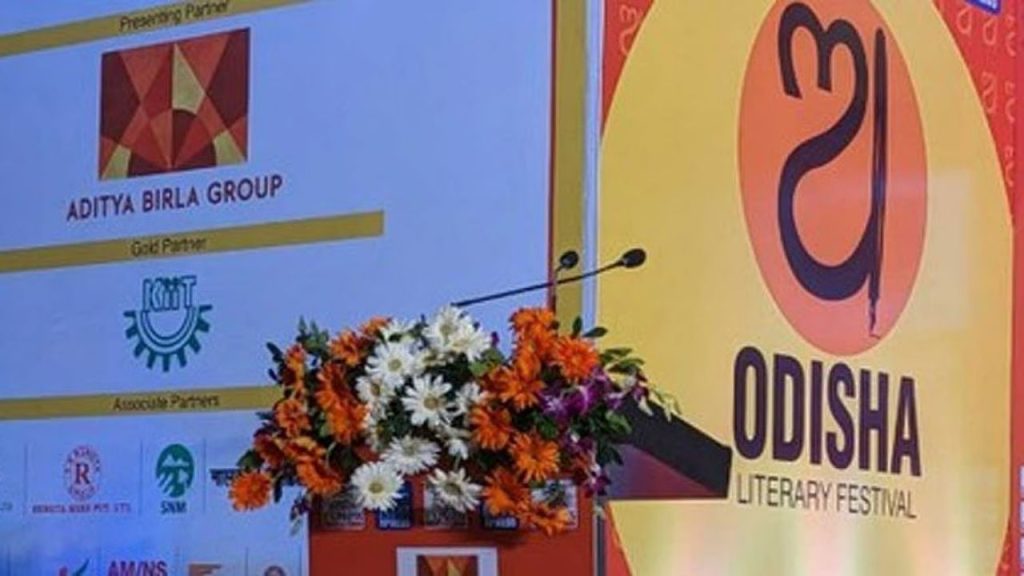
The opening discussion, titled “The Vernacular Voice: Preservation or Evolution?,” immediately moved beyond standard ceremonial speeches. It directly addressed the pressures on languages like Odia from the dominance of English and Western literary markets. The session drew a capacity crowd of authors, students, and cultural enthusiasts to the Mayfair Convention Center.
A Clash of Literary Philosophies at the Odisha Literary Fest 2025
The central conflict of the session emerged from the differing perspectives of the two main speakers on how to ensure the vitality of Odia literature.
The Case for Adaptation
Elara Vance, whose novels often explore themes of cultural hybridity, argued for a dynamic approach. She suggested that for regional literature to thrive, it must adapt and integrate global literary trends.
“Survival is not about creating a museum for a language,” Vance stated. “It’s about ensuring it is a living, breathing entity that speaks to the contemporary concerns of a new generation. This means being open to new forms, new narratives, and even the absorption of loanwords that reflect our interconnected reality.”
Vance pointed to the evolution of English as a prime example of a language that grew in influence by borrowing heavily from others. She cautioned that an overly purist approach could risk isolating a language from the global conversation, ultimately leading to its stagnation.

The Call for Preservation
In contrast, Dr. Arindam Mohanty, a Jnanpith awardee revered for his classical Odia prose, delivered a passionate defense of linguistic and cultural purity. He argued that the unique essence of a region’s literature is inextricably linked to its untranslated vocabulary and traditional narrative structures.
“We risk losing the very soul of our cultural heritage if we chase global acceptance at the cost of our identity,” Dr. Mohanty asserted, according to a transcript provided by festival organizers. “The beauty of Odia literature lies in its specific rhythms, its unique expressions, and the deep history embedded in its words. Diluting this for a foreign audience is not evolution; it is erasure.”
His comments were met with sustained applause from many in the audience, reflecting a strong sentiment for protecting local traditions.
Government and Academic Context
The discussion was framed by opening remarks from Odisha’s Minister for Culture, Suresh Patnaik. He emphasized the government’s dual commitment to promoting Odia as a classical language while also fostering a vibrant, forward-looking literary environment.
“The goal of this festival is to build bridges, not walls,” Minister Patnaik said in his address. “We are here to celebrate our magnificent literary history and to confidently engage with the world’s best minds. This debate is the perfect start to that mission.”
Land Rush for Tech: Odisha Designates 5,500 Acres for IT and ESDM Development
Odisha Emerges as Major Semiconductor Hub With ₹2,066 Crore Investment
BDO Cleans Drain With Bare Hands in Odisha—Public Left Speechless by His Message
Experts say this tension is not unique to Odisha. “The debate between Vance and Mohanty encapsulates a core challenge for hundreds of languages worldwide,” said Dr. Jayant Panda, a linguistics professor at Sambalpur University who was in attendance. “Finding the balance between maintaining cultural authenticity and ensuring relevance for younger, globally-connected audiences is the critical task for artists and policymakers alike.”
The Odisha Literary Fest 2025 will feature over 80 speakers from 15 countries over the next two days. Sessions are planned on topics ranging from translation and publishing to the influence of digital media on reading habits. Organizers expect thousands of visitors, reaffirming the event’s status as a major cultural gathering in Eastern India. The festival’s theme this year is “Echoes of the Past, Voices of the Future.”

